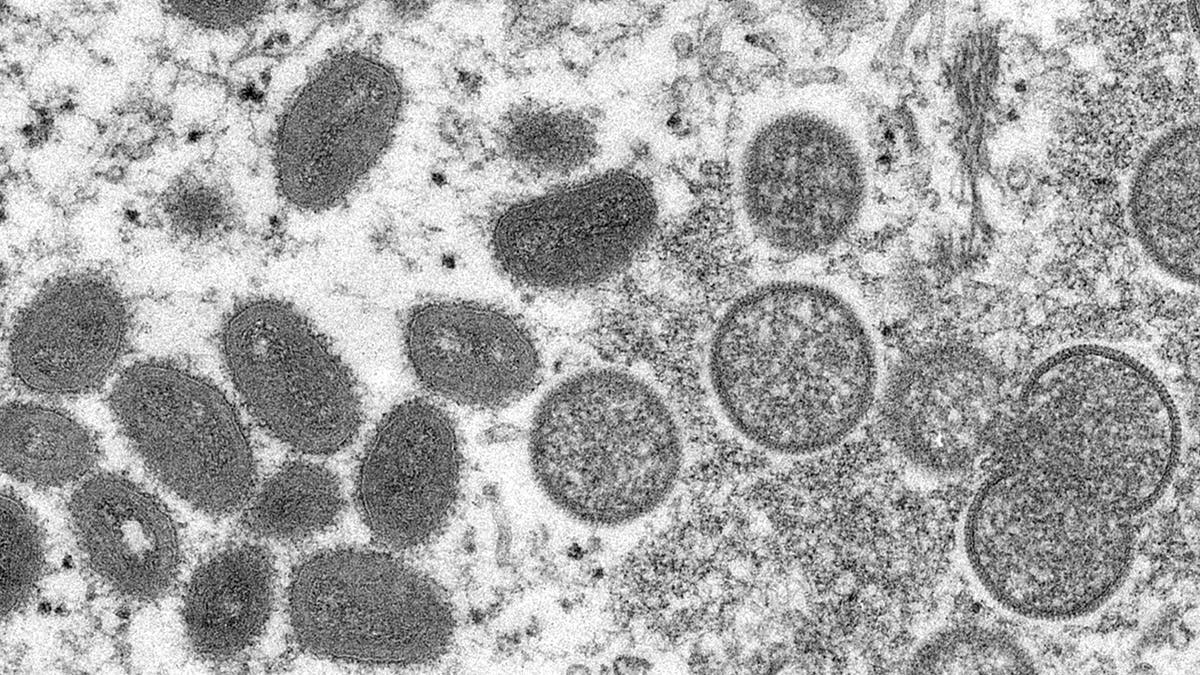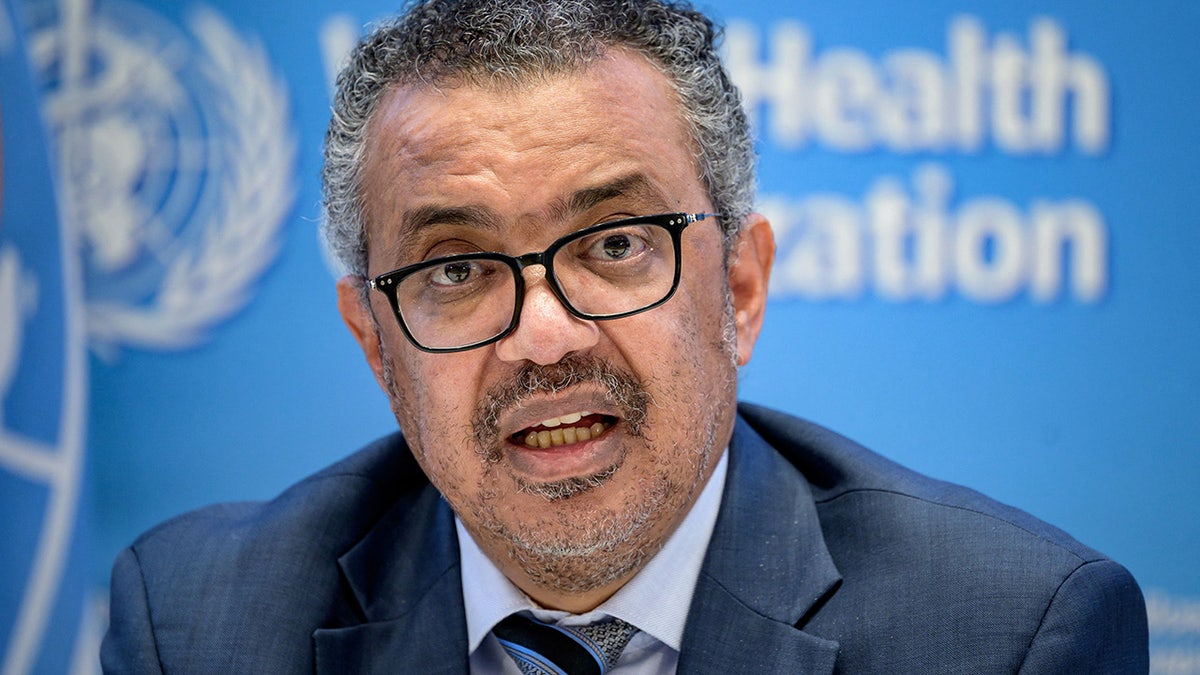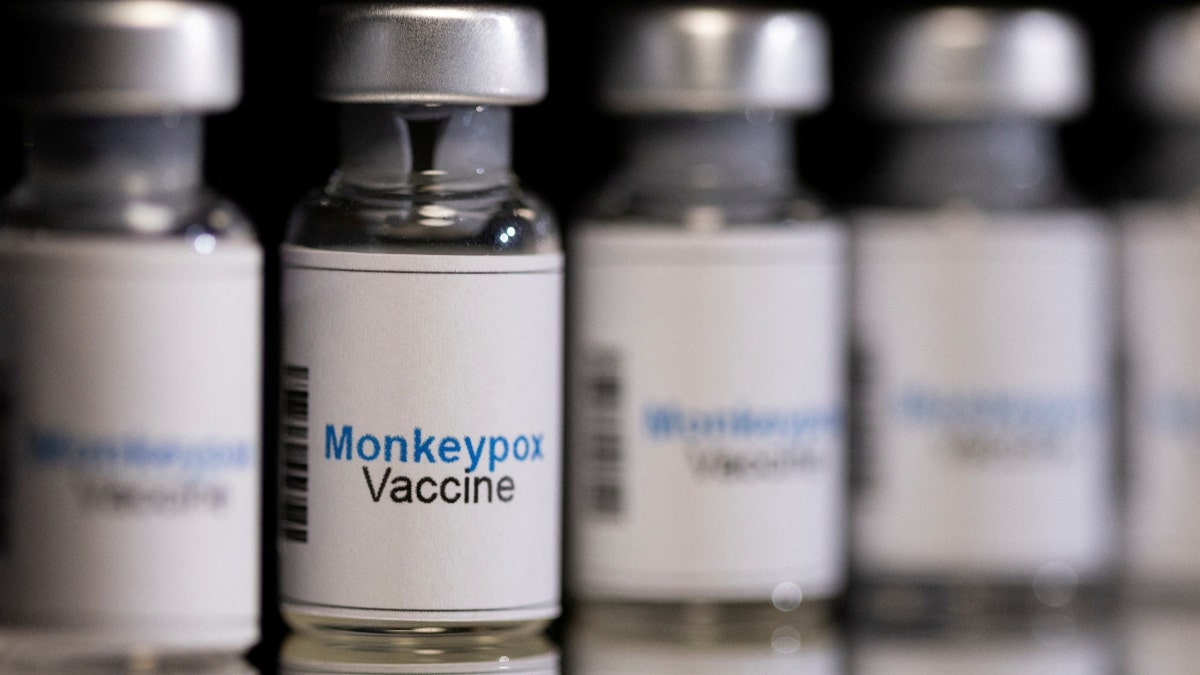Monkeypox expert: This virus has a ‘variety’ of spreading mechanisms
UCLA department of epidemiology professor Dr. Anne Rimoin provides professional analysis of the monkeypox and the common ways it can spread from person to person, on ‘Fox News Live.’
Monkeypox has "variety of mechanisms for spread," Dr. Anne Rimoin, a Professor of Epidemiology at the UCLA Fielding School of Public Health, noted on Sunday.
Rimoin, who said she had studied the virus in the Democratic Republic of the Congo (DRC) for two decades, explained how it can spread one day after the World Health Organization (WHO) has declared that the international monkeypox virus outbreak now constitutes a Public Health Emergency of International Concern (PHEIC).
Speaking on "Fox News Live," Rimoin noted that "we know a lot about monkeypox in the context of low resource settings, places like DRC, but we really have to be humble about what we know about how this virus is going to be spreading with the potential for global spread in a high-resource setting."
"What we’re seeing now is that this virus is spreading quickly with very close person-to-person contact," she continued, stressing that the virus "can spread in a variety of different ways."
FINANCIALLY STRAINED SEXUAL HEALTH CLINICS ARE ON THE FRONTLINE TO RESPOND TO MONKEYPOX

Monkeypox expert Dr. Anne Rimoin explains the different ways the virus can spread. (Cynthia S. Goldsmith, Russell Regner/CDC via AP, File)
The monkeypox expert noted that the virus can also spread by what is called fomites, which are materials, including sheets, clothing and towels, that can carry infection.
She also stressed that "very close personal contact" is another cause for rapid spread.
Rimoin noted that in Africa, the virus often spreads from an animal exposure.
"And then often we can see this person-to-person contact, which then continues on and that can be from somebody who is sick, the lesions are in contact with bedsheets, clothing, those things, then somebody else who is in contact with it can get it," she explained.
While the United Nations (UN) health agency previously debated the matter, WHO director-general Tedros Adhanom Ghebreyesus explained in a media briefing on Saturday that the International Health Regulations (IHR) Emergency Committee generally agreed that transmission of the virus at the time "did not represent a [PHEIC]."
WHITE HOUSE COVID ADIVSOR ADDRESSES CURRENT MONKEYPOX THREAT LEVEL

Director-General Tedros Adhanom Ghebreyesus gives a press conference on Dec. 20, 2021, at the WHO headquarters in Geneva. (Fabrice Coffrini/AFP via Getty Images)
Since then, he noted, the monkeypox outbreak has continued to grow, with more than 16,000 reported cases from 75 countries and territories. As of Saturday, there have been five confirmed deaths.
Tedros said there was a clear risk of further international spread, although noting that the risk of interference with international traffic remains low.The WHO's current assessment is that the risk of monkeypox is moderate around the world and in all regions except for Europe, where the risk is assessed as high.
Although monkeypox virus has been established in central and West Africa for decades, it was not known to spark large outbreaks beyond the continent or to spread widely among people until this past May. In the U.S, the Centers for Disease Control and Prevention (CDC) have reported 2,891 confirmed monkeypox and orthopoxvirus cases – the majority of which are in New York, where vaccination efforts have faced technical issues.
Rimoin stressed that "viruses never just stay in one community."
"We all live together, there’s a lot of travel, there’s a lot of trade, there’s a lot of mobility so that is probably what we will see," she went on to warn.

Mock-up vials labeled "Monkeypox vaccine" are seen in this illustration taken, May 25, 2022. (Reuters/Dado Ruvic/Illustration/File Photo)
CLICK HERE TO GET THE FOX NEWS APP
Monkeypox, which is related to smallpox, has milder symptoms and those symptoms include fever, chills, rash and aches, before lesions develop.
Fox News’ Julia Musto and The Associated Press contributed to this report.









































